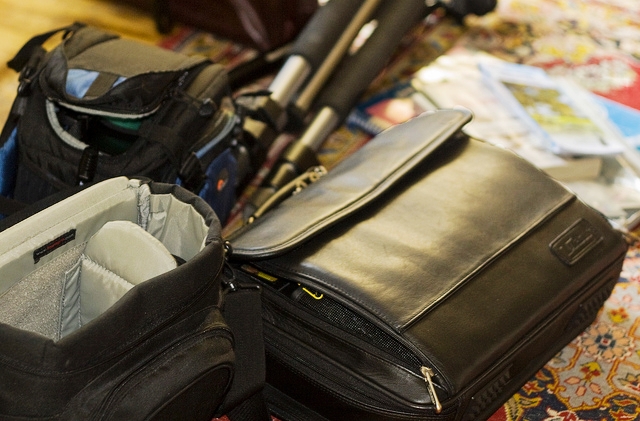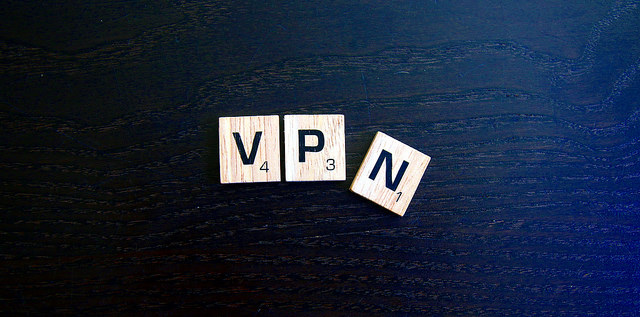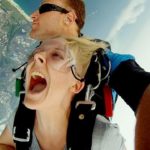Secrets of a Digital Nomad – Staying Secure While Travelling
Travelling comes with some inherent risks. You might get lost. Your luggage could disappear. Credit and debit cards get frozen. Pickpockets make off with your passport. For digital nomads, though, the risk of not only getting preyed on but having something happen to your lifeline—your computer and internet connection—is much more evident.
Being a digital nomad means relying on technology to stay connected to your clients or company, no matter where you go, meaning you have cover your tracks, both physically and digitally.
Here are some tips and tricks I have used to stay secure while travelling as a Digital Nomad:
Never leave your belongings unattended

*image: Flickr
There are few places in the world where people aren’t going to be tempted to steal your gear when you’re not looking. Use locks on your belongings, and store them in lockers whenever you want to leave them someplace safe.
This holds true for hostels, too. When in busy zones, use a rain-cover on your backpack to prevent pickpocketing. Get an anti-theft cover for your electronic devices and wallet.
Withdraw money only from secure locations

*image: Flickr
ATMs can be manipulated to steal data from your debit or credit card. This happened to me in Malaysia, when I tried to draw from a generic ATM at the airport. My card was frozen every single time I tried to use it in Malaysia. Other friends have had trouble in Uruguay, Mexico, and Chile.
Therefore, stick only to ATMs that are secure, which is usually at a bank branch.
Carry passport copies and money on you

*image: Flickr
I always carry money in two places. One is usually on myself, such as tucked in a pocket somewhere and then in my wallet, which is always tucked in my backpack or tote bag. In places where pickpockets and scammers run rampant, you should spread out your money. Put it inside coat pockets, pants pockets, money belts, and even your shoe.
Also, I recommend copying the ID page of your ID and carrying that in your wallet instead of your actual passport. Leave that locked up in the security box of your hotel room or in your hostel locker.
Choose cash over card

*image: Flickr
Sure, carrying cash might be annoying, but your card is easier to steal. Plus, if you drop cash, your entire bank or credit account isn’t compromised either.
Use a VPN

*image: Comparitech
Also known as Virtual Private Networks, VPNs are a nifty tool for surfing the internet and keeping your identity and data secure. VPNs can also be used to bypass IP blocks and censorship.
If you plan on using public WiFi, using a VPN prevents hacking. Note that it doesn’t protect you from viruses, however.
Passwords and passcodes are your best friends
Having to enter a complex password or passcode everytime you go to unlock your phone might be annoying, but it’s keeping you and all of your data safe from prying eyes. You never know when someone in your group is going to be peering over your shoulder and see something that entices them enough to try breaking into your phone or computer while you’re not looking.
Play it smart. Password protect your data.
Never share your location or geotagging in real time
In this technological day and age where people love to share their locations on their social media platforms, I highly advised travellers to avoid sharing their location or geotagging themselves in real time.
This is to avoid unnecessary stalking by strangers or other travellers who have an agenda against you. Believe me, these things do happen.
If you do have to share, try doing it in non-real-time or after you have already left the particular place. As for me, I always share my locations on Instagram photos or Facebook posts one day after I have experienced the place.
Keeping yourself secure while travelling is a practice in common sense, but sometimes in the excitement of adventure, you let your guard down. To ensure your data and property is safe, but sure to use cash regularly, use a VPN and protect your data with passwords. Also, take extra precautions against pickpockets and other scammers.
With that, your trip will be safer and much more enjoyable.
*This article contains links to Affiliates which Fat Starfish receive a percentage of sales with no additional costs to you. Help us maintain this website by buying from our links. Thank you for your support!
Disclaimer: The views expressed in the article are the author’s and in no way reflect the views and/or opinions of Fat Starfish.






